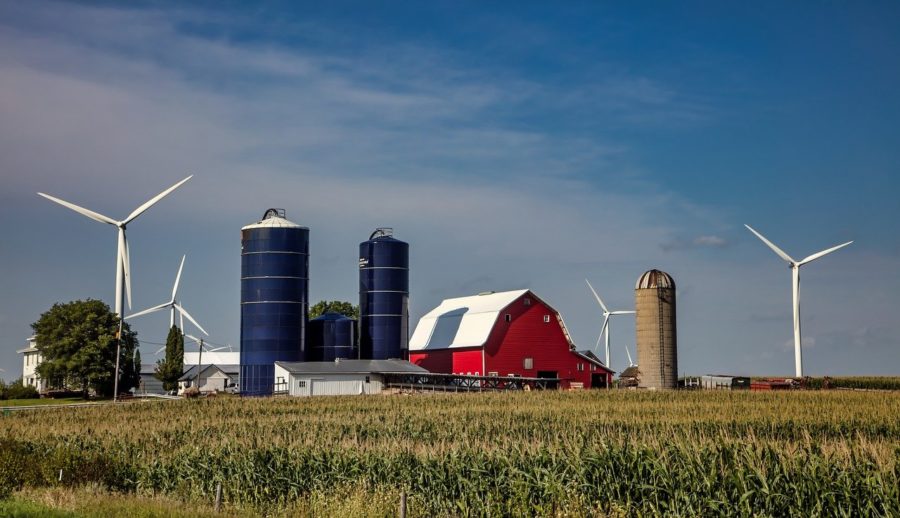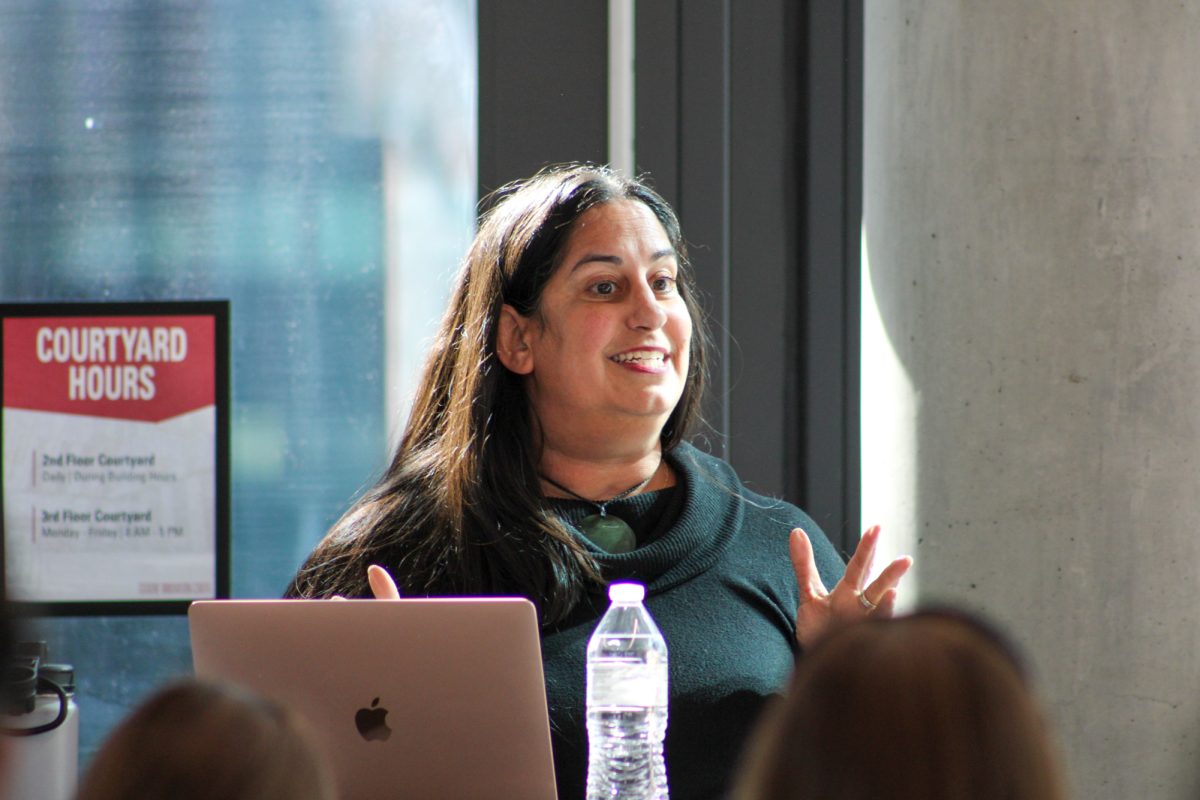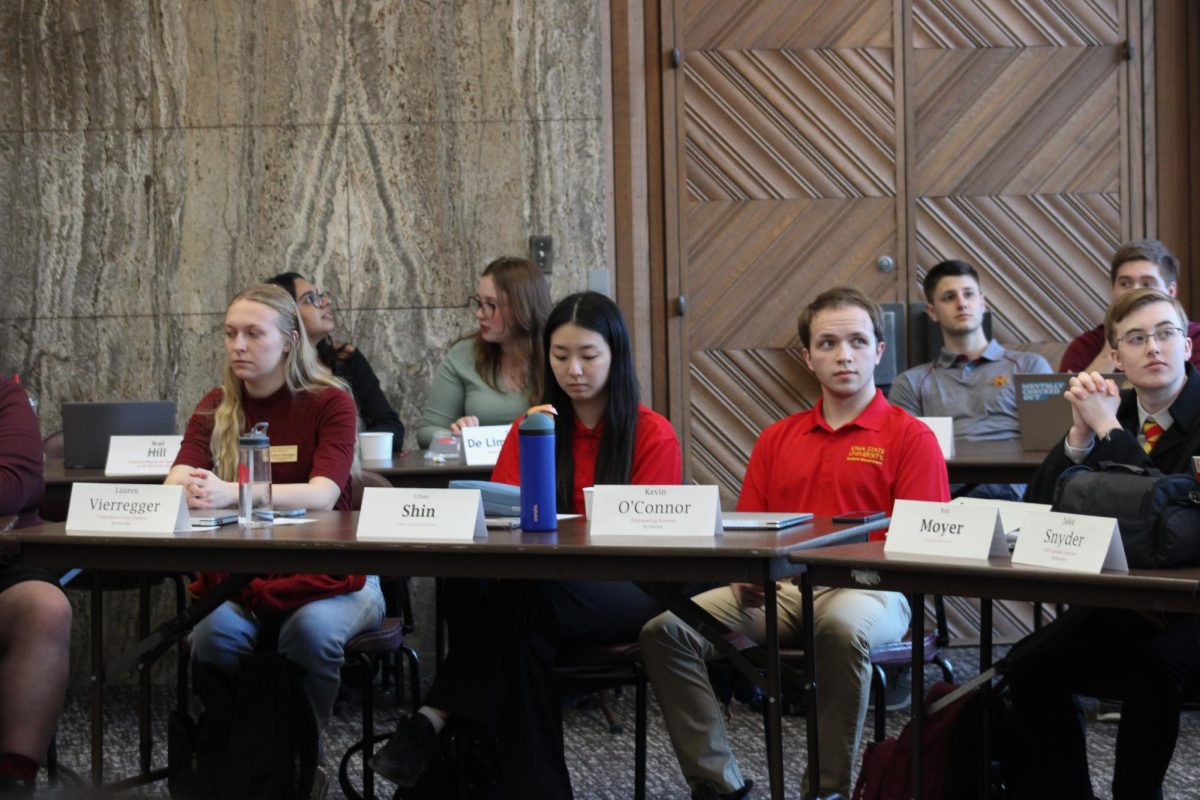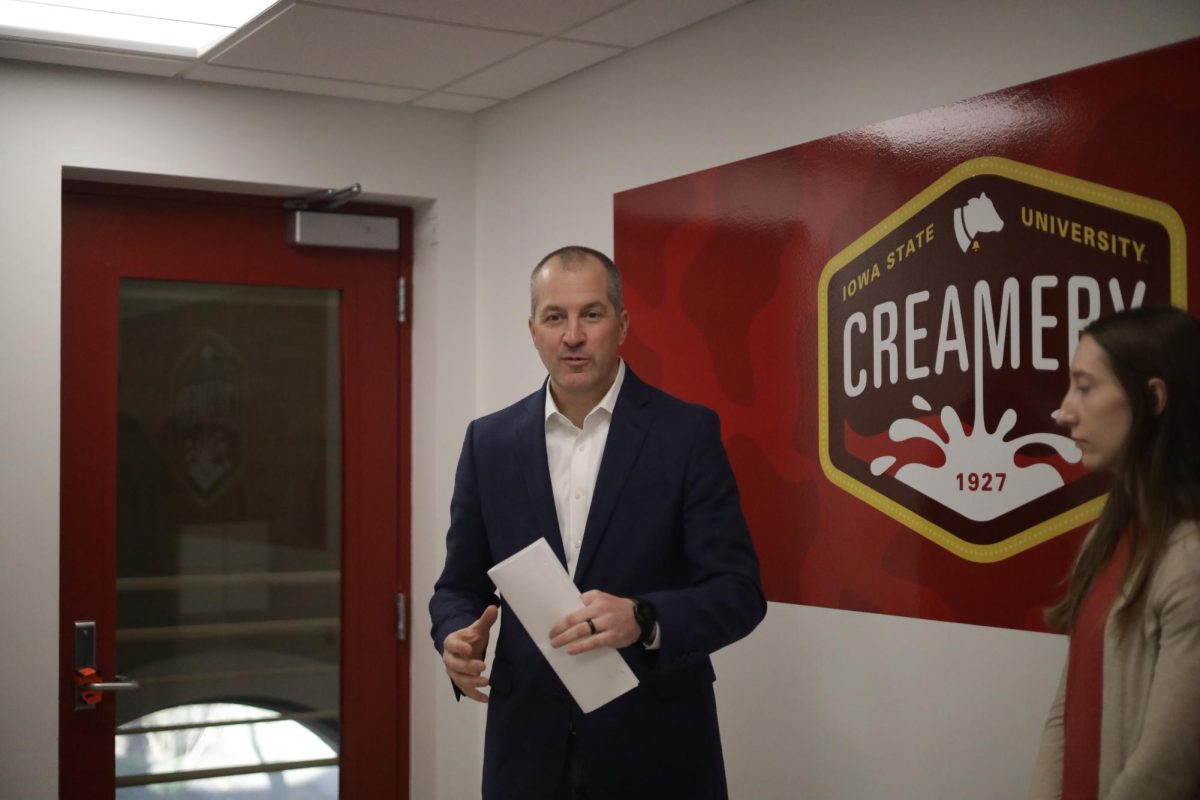Sosa: The dark side of ‘farmers feed the world’
February 25, 2021
Are you familiar with the phrase “Farmers Feed the World”? I come from a farming background and have seen this phrase printed on T-shirts or posted by friends on social media. Coming from a family that works and makes their livelihood from agriculture (raising vegetables and fruits), I liked the phrase, but it wasn’t until now that I’ve become aware of the darker side of this cute slogan.
Farmers do feed the world.
We need farmers to raise food for the consumption of the world’s population. In 2017, the agriculture powerhouse of Iowa exported abroad $10.3 billion worth of goods. We are the country’s second largest agricultural exporting state. Soybeans, pork, corn and other feeds and grain made the majority of these exports. As a country, we exported $137.7 billion in 2019.
When I was in elementary school, I recall taking a road trip to some facility where we learned about corn candy and how corn and soybeans are in everything, and how in Iowa, we produce a lot of it!
But it’s not all candy corn and high fructose corn syrup.
In the late 1980s, a report was published on environment and development by the World Commission on Environment and Development, tiled “Our Common Future.” If you skip to Chapter 5, you will learn a bit more about the darker side of agriculture.
Many problems have been identified in the report, but I’m focusing on one today: the dumping of goods in developing countries.
Dumping of goods
There are multiple definitions for “dumping.” In this article, I’m explicitly talking about dumping, as in when our American farmers sell products overseas below the cost of production, with the American government (aka taxpayers) footing the bill, typically through subsidies.
With our current dumping practices, we are feeding someone today but removing the possibility that they may be able to feed themselves tomorrow. We are helping people stay in poverty.
Most developing countries thrive in agricultural ventures because that’s where most people come from — rural communities that are used to working the land. These countries don’t have good access to the latest technology, among other things, like our farmers do here.
Creating oversaturated markets destroys the chances that a local grower will make any money selling the same products we just dumped. When you are poor, what will you buy? The cheaper food, or the more expensive but local one? It’s not a hard choice when you don’t have much of a choice.
It’s a complex issue.
I think our agriculture system here works so well for the few and the influential people that it’s not going to want to change any time soon. This means finding a solution to dumping won’t be easy.
For change, we must push.
Populations in developing countries will continue to outstrip the growth of industrialized countries. By 2030, it’s supposed to account for 97 percent of the population growth.
People living in these countries need to have access to jobs so that they have the opportunities to better themselves and their families through their work. Most people want just that — the ability to find good work to feed their families. We’ve got to stop denying people this through our policies.
Some things that can be done
We can end subsidies for farmers that export. There is no point in continuing to pay money for farmers to sell their goods at lower costs overseas and keep stunting opportunities for millions of people to get out of poverty.
Did you know that the top 10 percent of the farm recipients receive 78 percent of the $223.5 billion given out as subsidies from 1995 to 2019? And check this out, 50 people in the Forbes top 400 wealthiest Americans list get farm subsidies.
Ending subsidies is probably not enough to end the dumping practice, but it will be enough to curtail it and start working on making sure it ends.
Governments from industrialized countries will need to take a serious look at the effects of their trade policies overseas. They need to work with developing countries’ governments to ensure that we have fair and helpful agreements in place for the long-term and not just our pocketbooks today.
Awareness
I highly encourage everyone to look up for themselves the literature on this dumping issue. This article barely scratched the surface. Both the “Our Common Future” report and this article from the Institute for Agriculture and Trade Policy have written solid ways to start addressing this problem.
One of the biggest things we can do now is to be aware and spread awareness. How can a problem be fixed if most people don’t realize it’s a problem?
I know most farmers here want to work and continue to help “feeding the world.” I don’t think it’s clear to us how our actions here are robbing people of essential opportunities elsewhere.
Fixing the dumping of goods is a complex issue. I mentioned a few ways to start tackling it, but it won’t just be fixed overnight nor easily. There are so many financial, political and emotional factors tied into it that it will be hard; still, it is the right thing to do. We don’t have to “win” at the expense of others.







